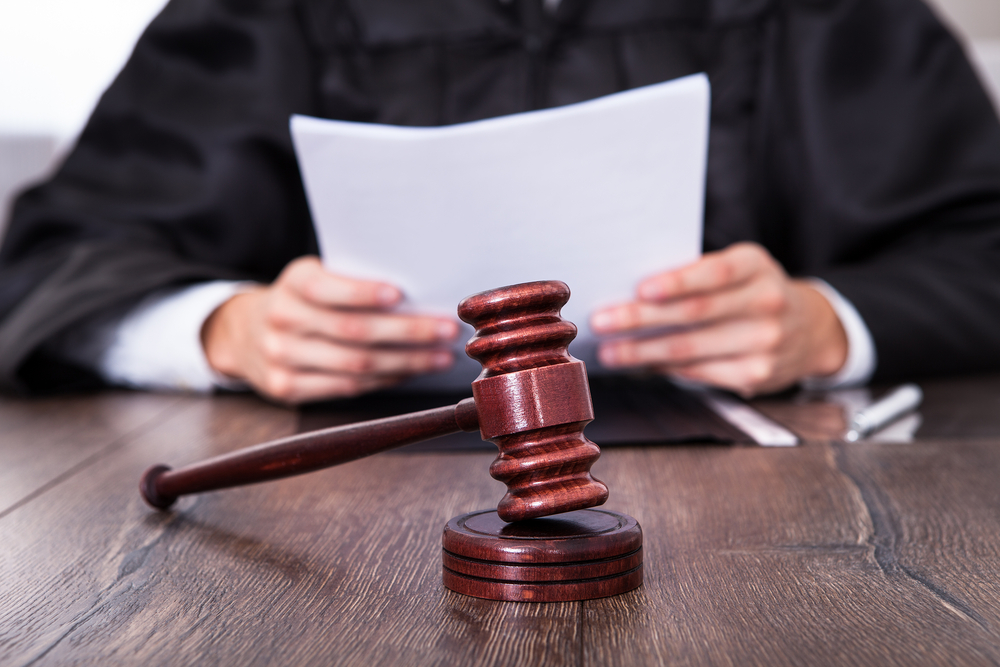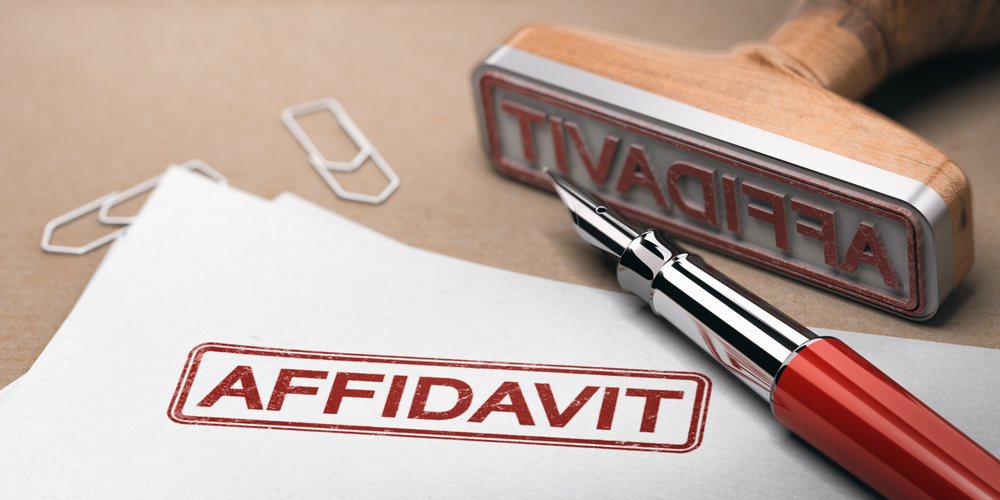A Bad Deal does NOT Make It an Unlawful Deal
Florida Statute s. 542.335 (combined with Florida Statute s. 542.18) provides, in a nutshell, that restraints on trade or commerce are unlawful unless “they protect one or more legitimate business interest and are reasonable in geographic and temporal scope.” Capital Wealth Advisors, LLC v. Capital Wealth Advisors, Inc., 46 Fla. L. Weekly D2303a (Fla. 2d DCA 2021). (Check out the statute to understand Florida law on restraints on trade or commerce.). But what is important is that s. 542.335 applies to restraints on trade or commerce and not restraints on other types of agreements such as commissions, as shown in...
Continue reading













